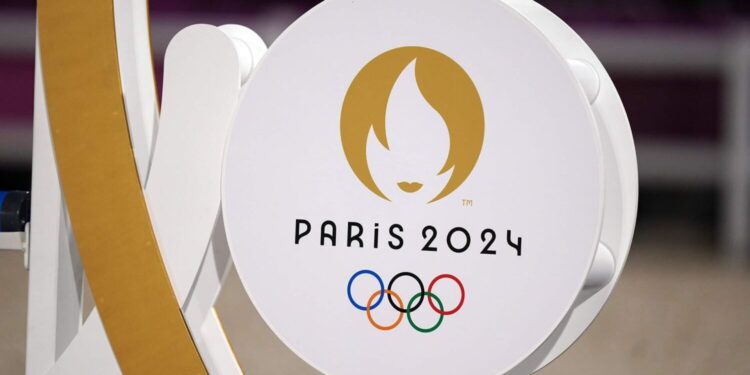Introduction
The 2024 Olympics are one of the most prestigious and widely watched sporting events in the world. Every four years, athletes from around the globe gather to compete for gold, silver, and bronze medals in a variety of sports. But before the games can take place, a host city must be chosen.
This Article is Free for Subscribers
Access 2000+ premium insights, visa updates, and global lifestyle stories all in one place. <div> For Subscribers, Login here
Login if you have purchased



































